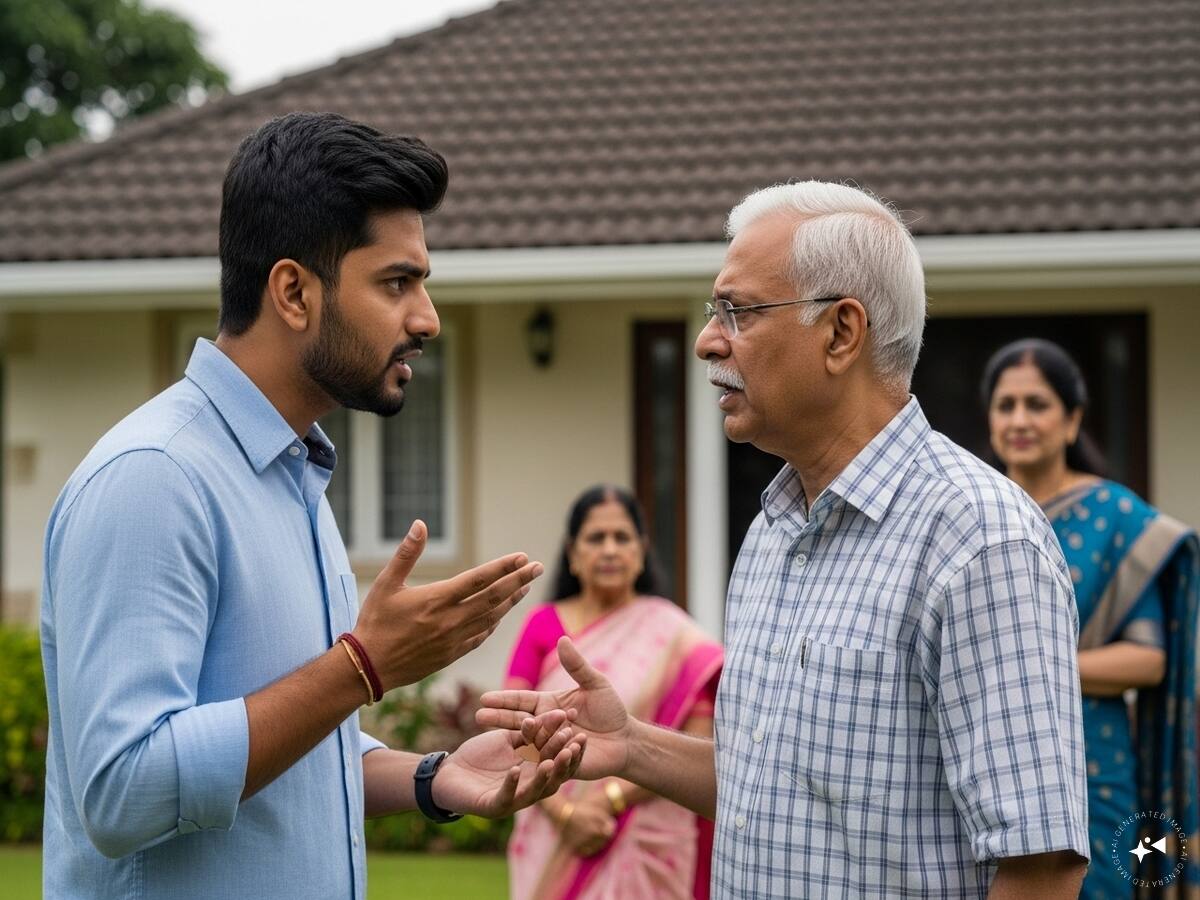
In India, sons-in-law are respected family members, but legally they have no direct right to their father-in-law’s property—regardless of religion.

The Hindu Succession Act, 1956, defines how property is distributed after a person’s death. It ensures fair shares for all legal heirs, reducing disputes.

Property is passed only to legal heirs—wife, children, and close relatives. The son-in-law is not listed in Class 1 or Class 2 heirs, so he gets no direct share. However, he can benefit indirectly through his wife.

A father-in-law can gift property or leave a will in the son-in-law’s name. This gives him full legal ownership, but registration of the gift deed is essential. It entirely depends on the father-in-law’s discretion.

Laws differ across religions. Under Muslim law, a father-in-law can give only 1/3 of the property to the son-in-law. For Christians, inheritance rules are similar to Hindus—son-in-laws have no direct claim, only through gifts or the wife’s share.






